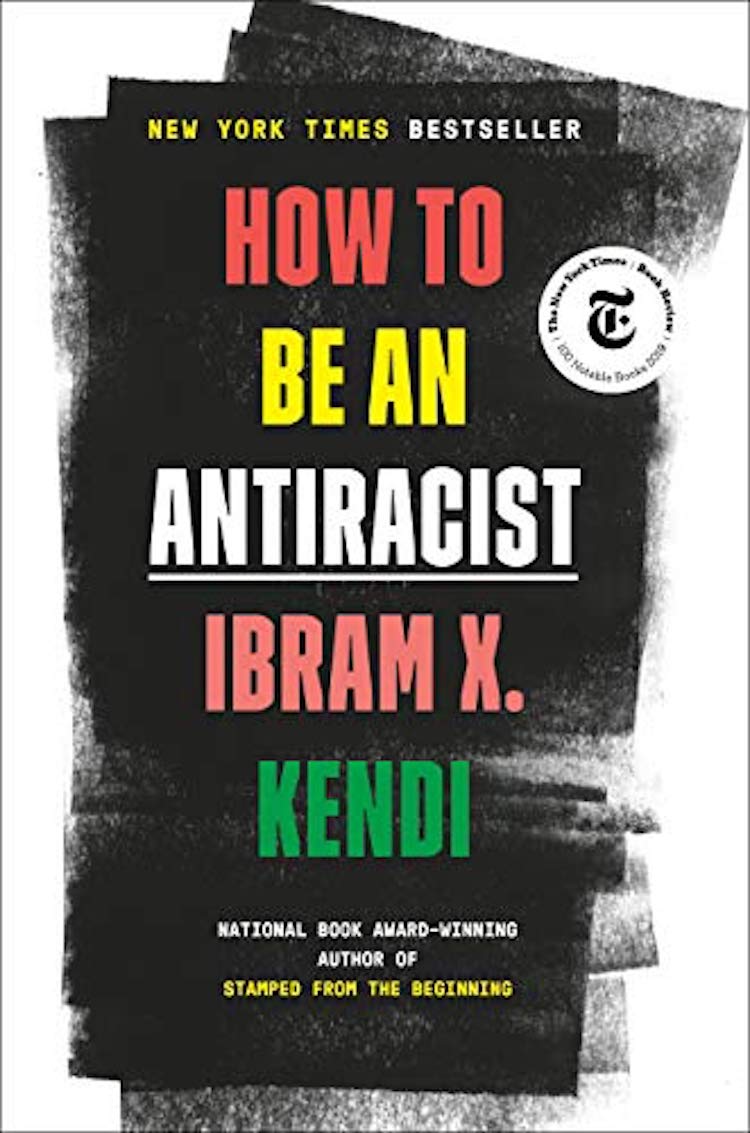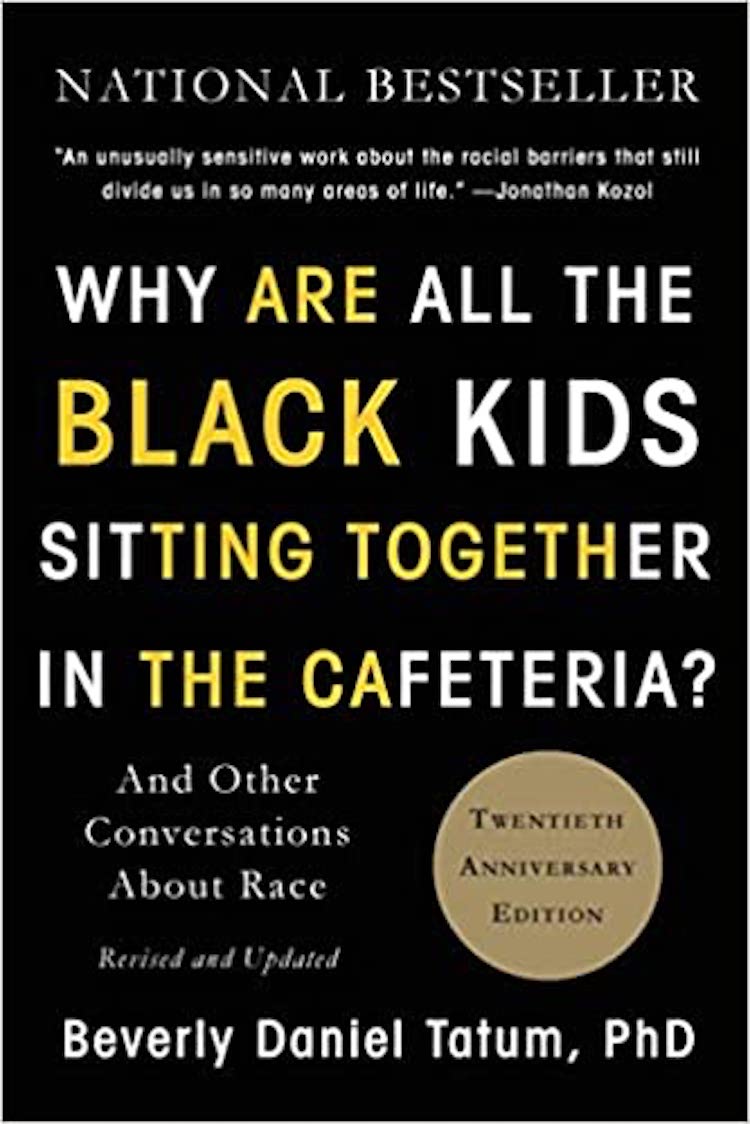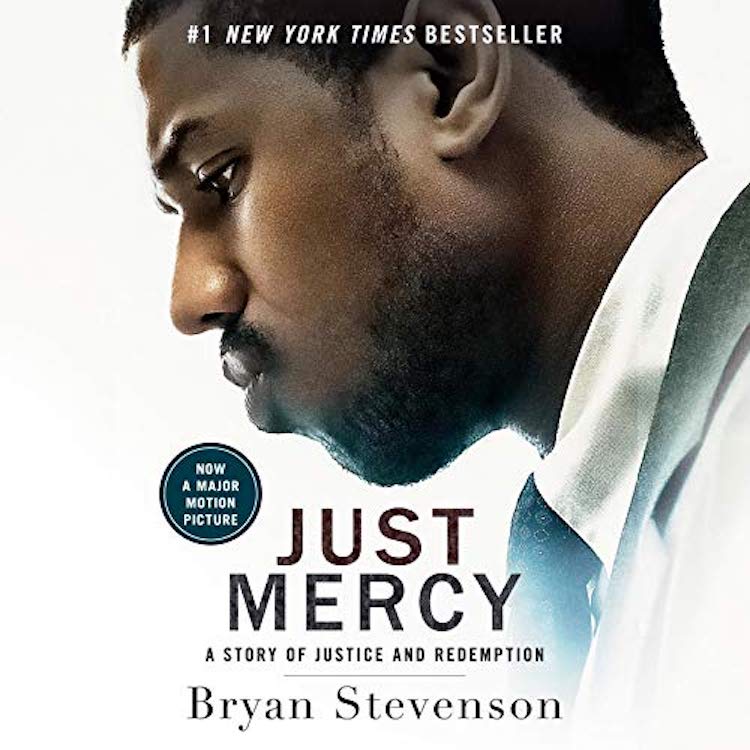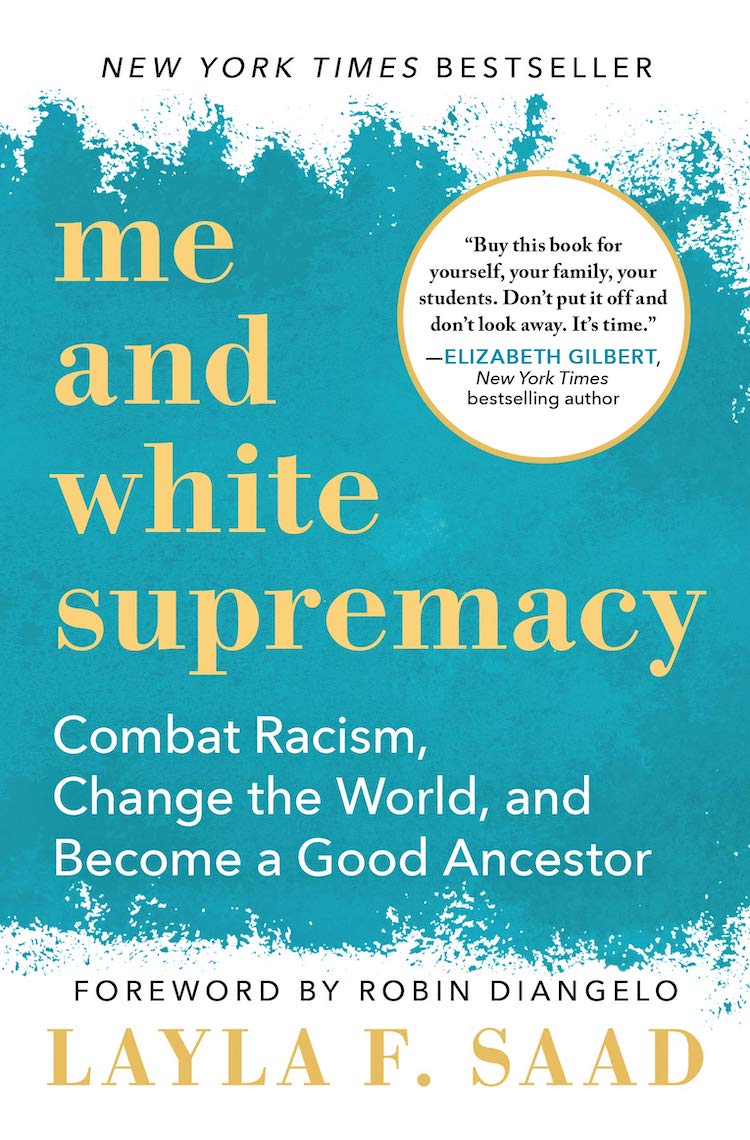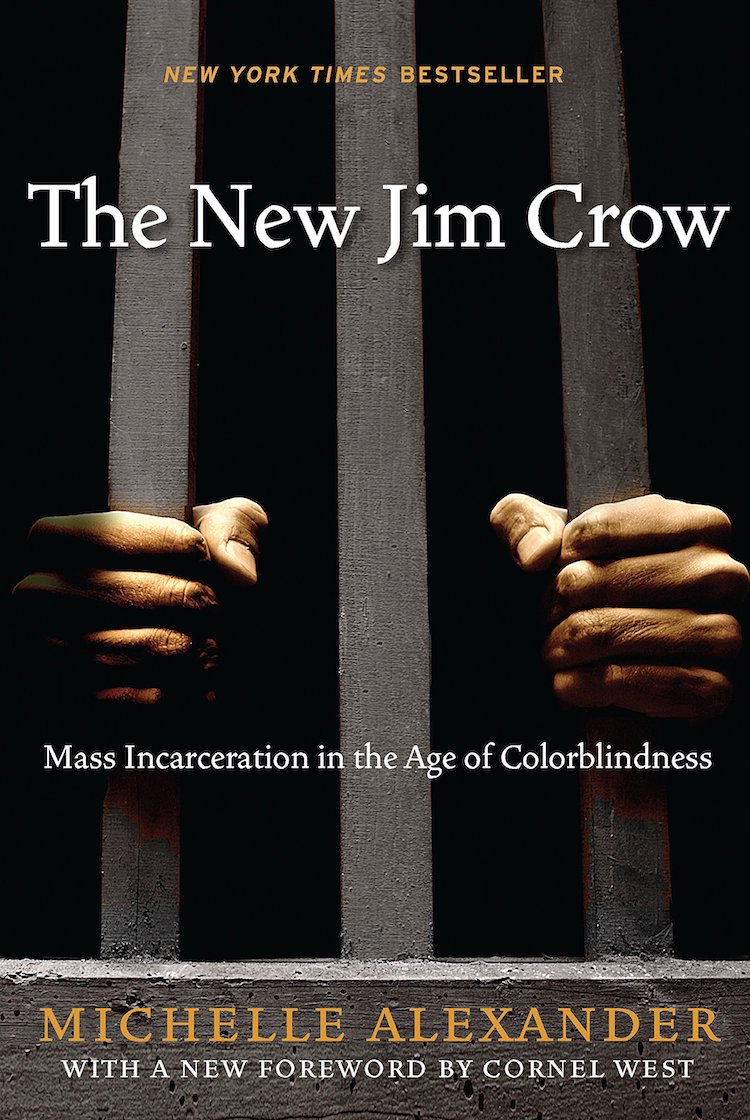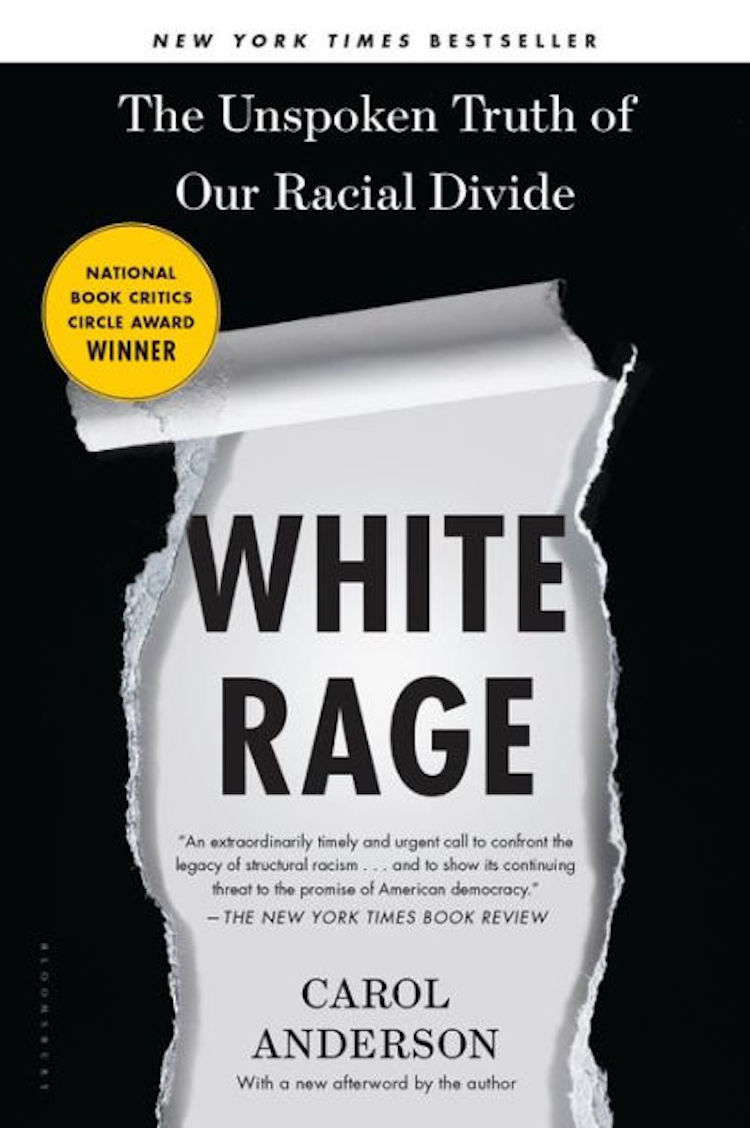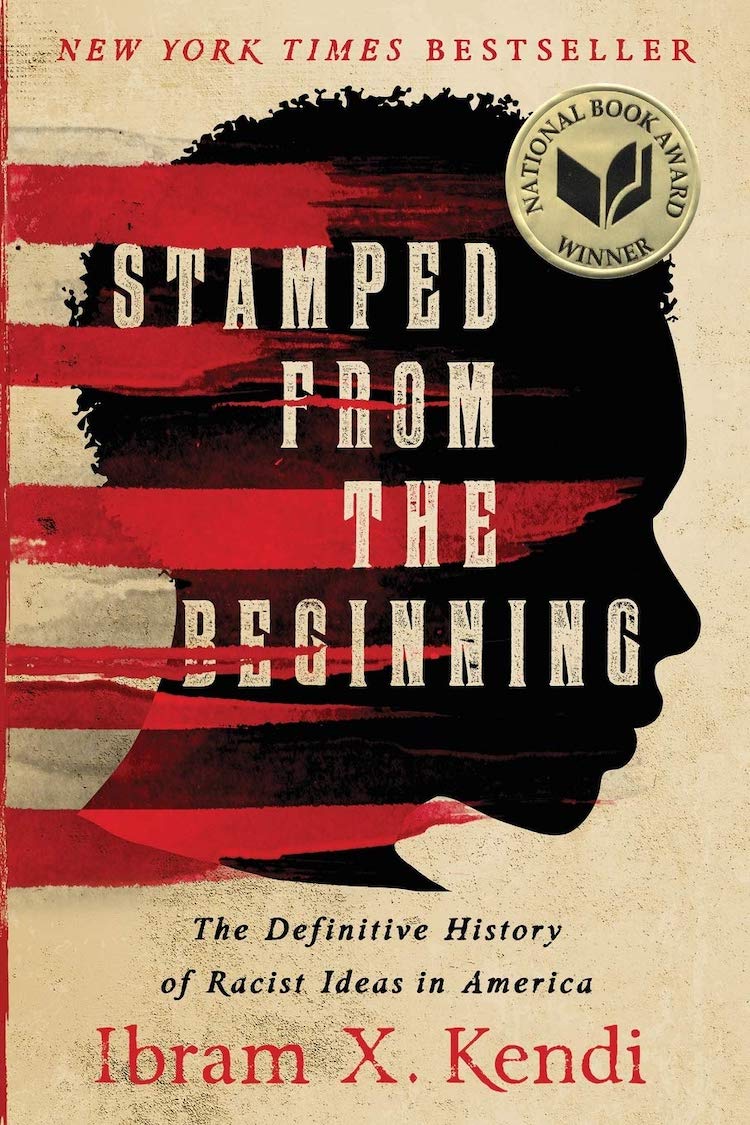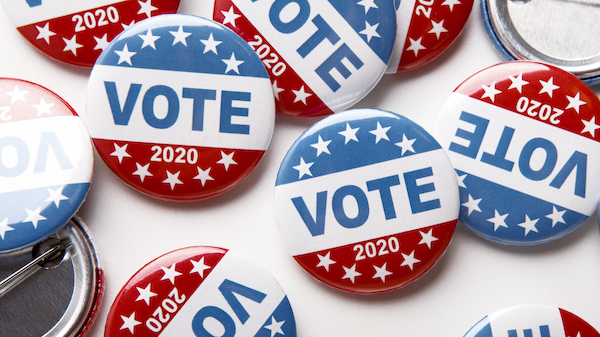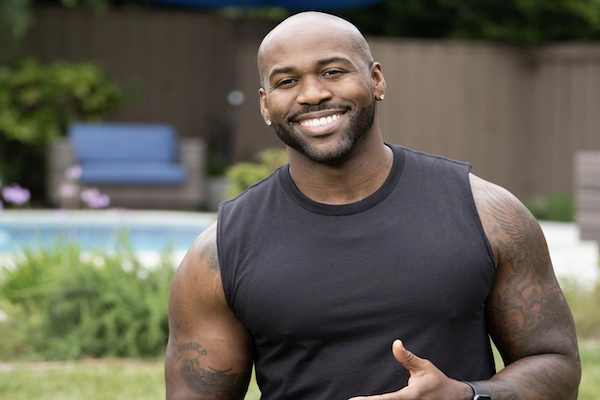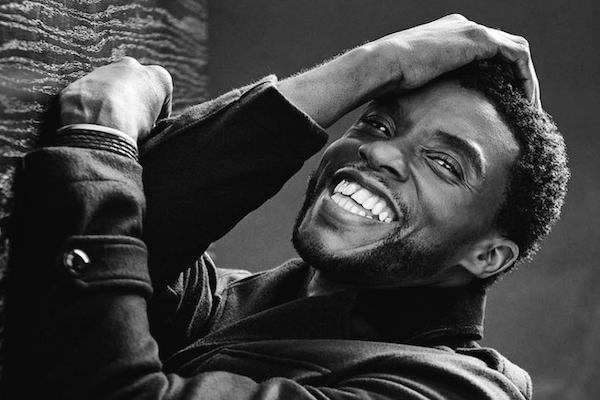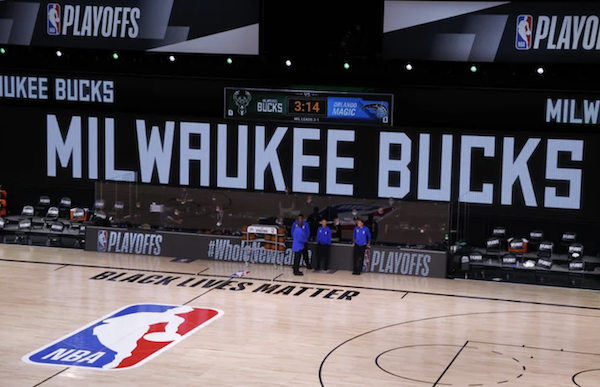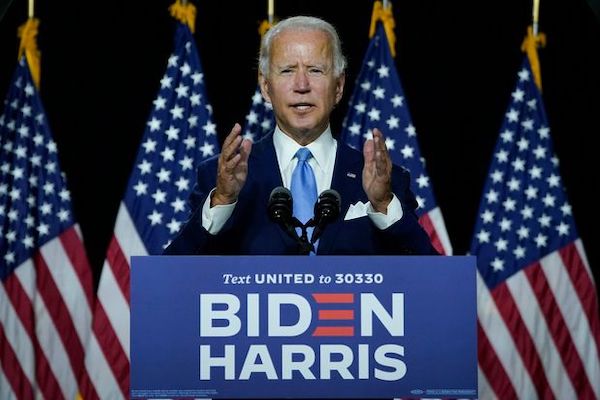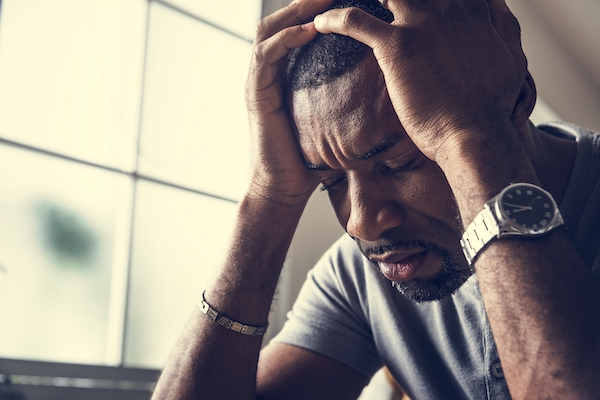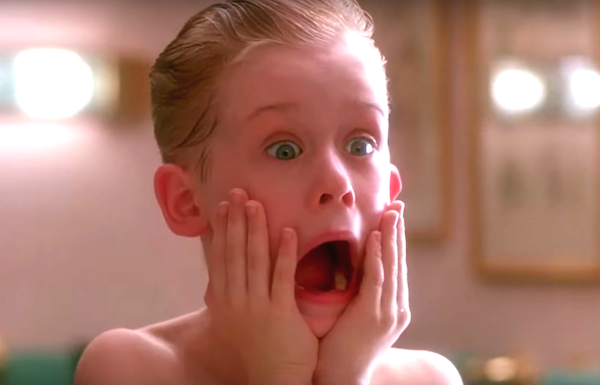What does it mean to be anti-racist? Not only are you actively opposed to the historic and systemic racism in our country, as well as the world, but it also means you’re well-read or continually seeking suggestions for ways to be better concerning the topic of Black rights and culture. With that said, we’ve gathered some of our favorite reading — a non-summer required reading list, if you will — for any aspiring anti-racist, a collection of strong-willed books sure to educate, invigorate and frustrate in order to activate your blossoming Black-supportive brain as to the history leading up to our present-day issues and the possibility of a better, more united future together.
How To Be An Anti-Racist (Ibram X. Kendi)
Going beyond the blueprint of racism, Kendi reshapes the conversation with individual calls to action for massive systemic changes. A problem this big doesn’t get fixed overnight, but by chipping away in our own personal ways, we can challenge each other to follow Kendi’s path to being more than just not racist, to be an anti-racist people can look up to.
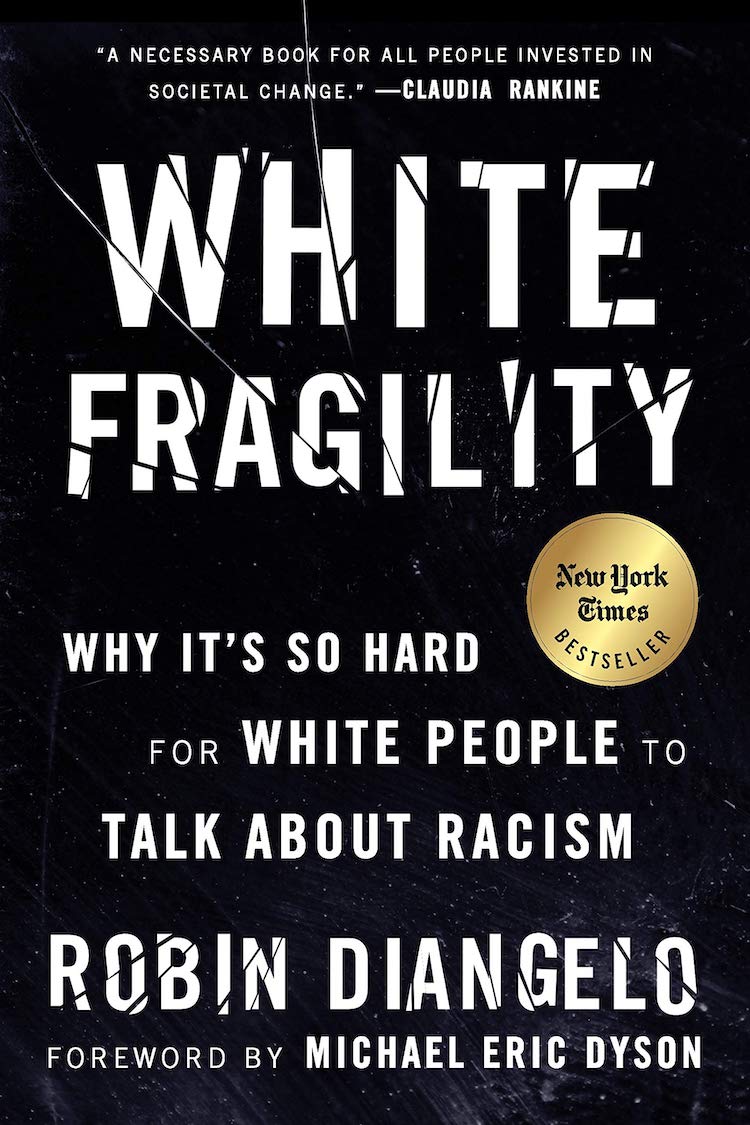
White Fragility (Robin DiAngelo)
Anti-racist educator Robin DiAngelo opens the floodgate of white emotion from anger and fear to guilt and silence and boldly breaks down the barriers white people need to lift up the Black community. A must-read anyone who not only wants to understand racism but also their part in it and how to talk about being better.
Why Are All the Black Kids Sitting Together in the Cafeteria? (Beverly Daniel Tatum)
In a world where even our youth exhibits pack mentality, we learn about the potential risks of avoiding communication between groups of race and ethnicity. Tatum bridges the gap that shows, if we are to move forward, we do so best with a bit of harmony. How we talk to our children about inclusivity and equality is everything, as they grow up to have kids of their own one day.
Just Mercy (Bryan Stevenson)
The true redemption story of a Black man wrongly accused of murder and the one young man who stood by him with relentless passion and determination for justice. Now a major motion picture, Just Mercy gives us a look at all some people need in this world — to be heard and treated with dignity, not based on the color of skin but based on their humanity.
Me and White Supremacy (Layla Saad)
Targeted at white readers so they may understand the impact of their privilege and supremacy, Saad offers a useful device for combating racism and changing the world, beginning with the conversation and converting into positive action. Whether or not we realize it, white people have a lot of work to do on conquering racism, and it begins here.
The New Jim Crow (Michelle Alexander)
Civil rights scholar and litigator Michelle Alexander beautifully articulates the tragedy of the American criminal justice system in which its architecture is perfectly designed to discriminate people based on race. With millions of Black people subject to mass incarceration, Alexander wields a meticulous machete that cuts through to the devastating reality of our past and present justice system and how we have gotten so deeply embedded in racism compared to other countries.
White Rage (Carol Anderson)
Following an op-ed penned for The Washington Post in 2014, Anderson was contracted to write this 2016 brilliant work of nonfiction, which predates all of the current racial divides we see today, yet absolutely predicts it along with its causes. As we face the urgent call to action towards structural racism, we see how this lasting existence will only continue until we make the effort to confront our own rage, as men and women, as white people and as a country.
Stamped From the Beginning (Ibram X. Kendi)
Prefacing his anti-racist handbook, Kendi offered the definitive history of racist ideas in America. As we continue to stub our toes on the same racist behaviors, Kendi shows us that, despite being published in 2016, racism is more alive and well than ever, it seems. Because in order to grapple with our reality, we must first understand its origins if we are to defeat it, so as not to continue to stub the same toes over and over again, as history and Kendi show us.
